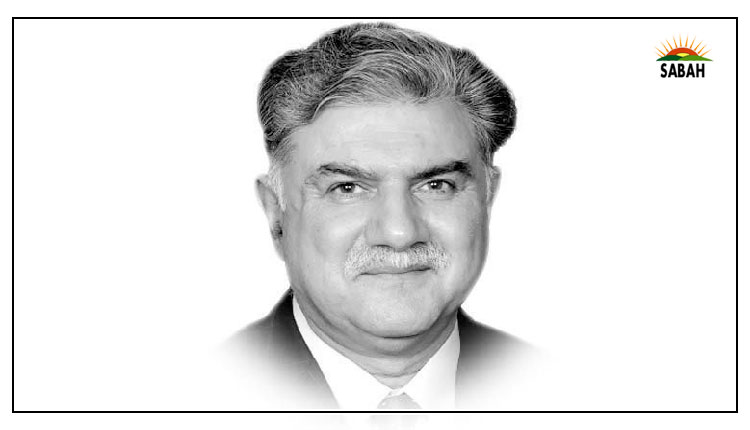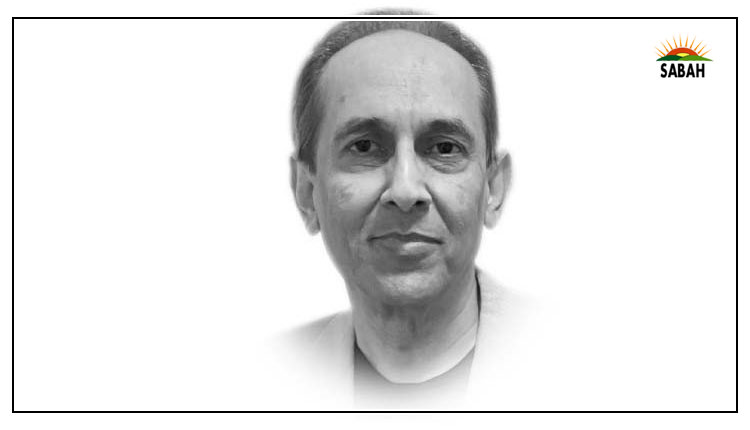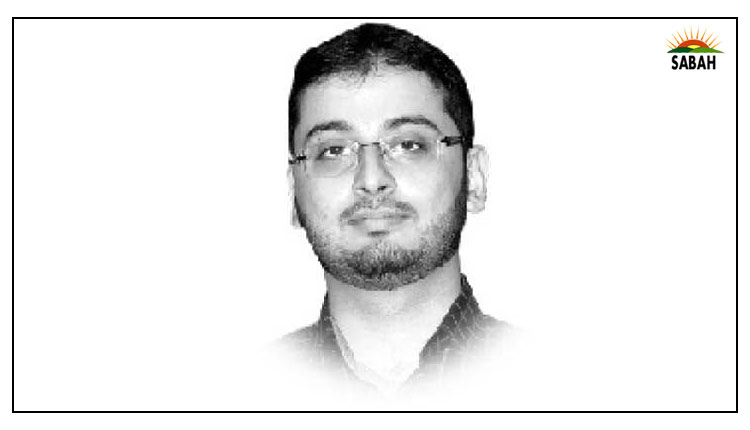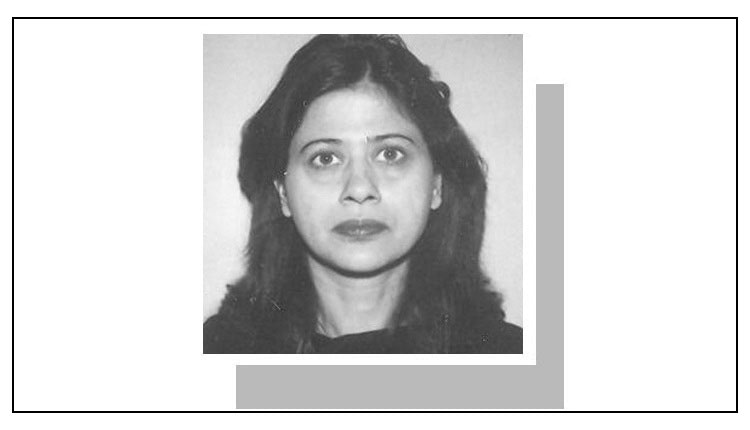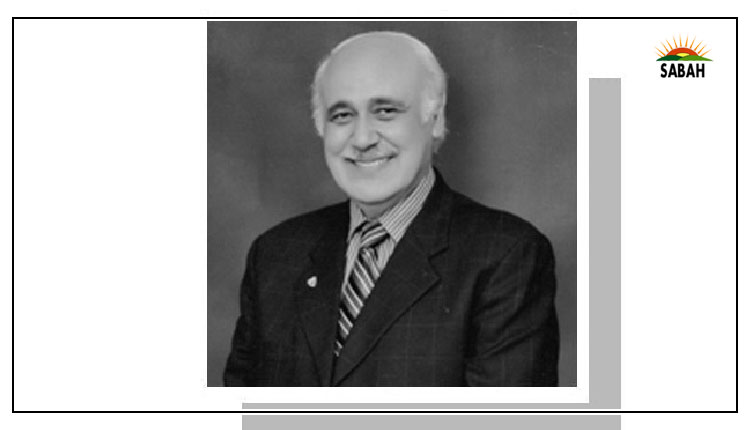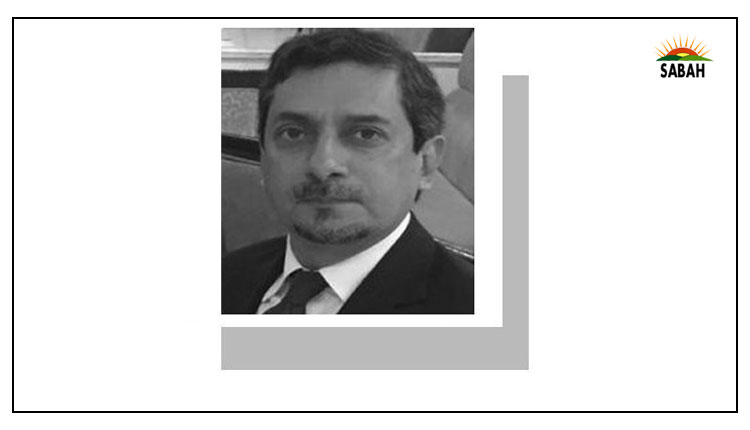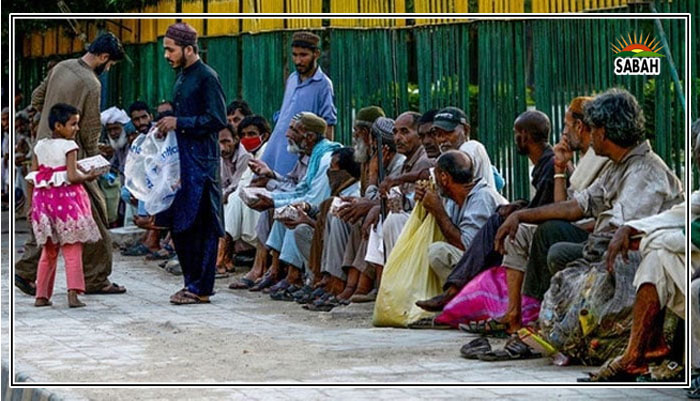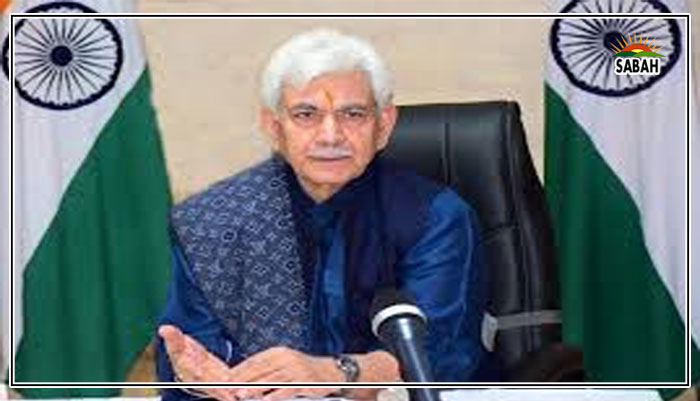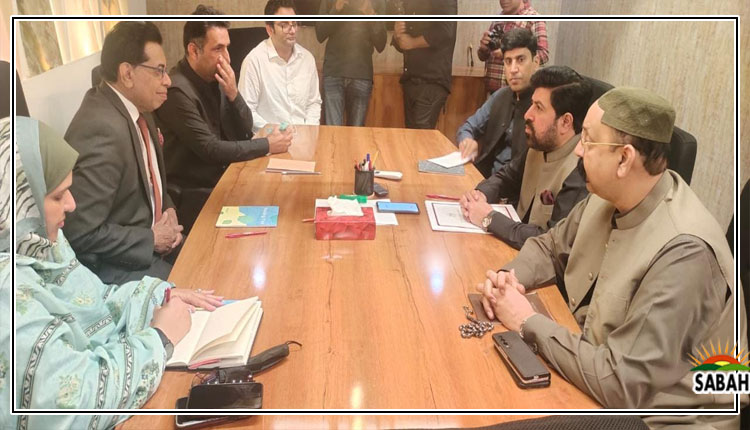WHO Representative in Pakistan underscores importance of NCDs prevention during a meeting with Senator Kauda Babar
KARACHI, April 07 (SABAH): The World Health Organization (WHO) Representative in Pakistan, Dr. Palitha Gunarathna Mahipala, called on Senator Kauda Babar, Convener of the Senate Committee for Prevention of Non-Communicable Diseases in Karachi on Friday. Dr. Mahipala reiterated the significance of prevention of Non-Communicable Diseases (NCDs), as these diseases account for a significant portion of the mortality rate in Pakistan, amounting to 57%. He emphasized the role that policy makers and legislators can play in their prevention and expressed gratitude to the Honourable Chairman Senate for taking this step and establishing this committee.
Senator Kauda Babar highlighted the imperative nature of bringing all stakeholders together to develop a consensus and work collectively for NCDs prevention, despite health being a provincial subject. He further informed that a letter had been dispatched to all Provincial Governments by his office for consultations.
The two sides engaged in a detailed discussion regarding mutual cooperation, with the Senate Committee identifying specific areas where the WHO’s assistance, leveraging their expertise, would be most beneficial. The engagement plan for the next six months will be shared, and progress will be closely monitored. The WHO will offer technical support to the committee since the organization has expertise in the area.
It was agreed upon that the collaboration would start with a campaign against tobacco use, and a consultation in Islamabad is scheduled in the upcoming month, inviting all relevant stakeholders. Senator Kauda Babar, as the Chairman of the Senate Standing Committee on IT, will take up the issue of awareness campaign against tobacco through telecom service providers.
Senator Kauda Babar also expressed his opinion that, given WHO’s global engagement on NCDs, the organization can connect the Senate Committee with other parliamentary forums worldwide that have effectively worked on NCDs. The potential role of Parliament with Federal structure like Pakistan for NCDs prevention was also examined.
Both sides were enthusiastic about their shared endeavor of NCDs prevention, particularly the initial focus on tobacco use. The meeting was fruitful and laid the groundwork for future initiatives.



